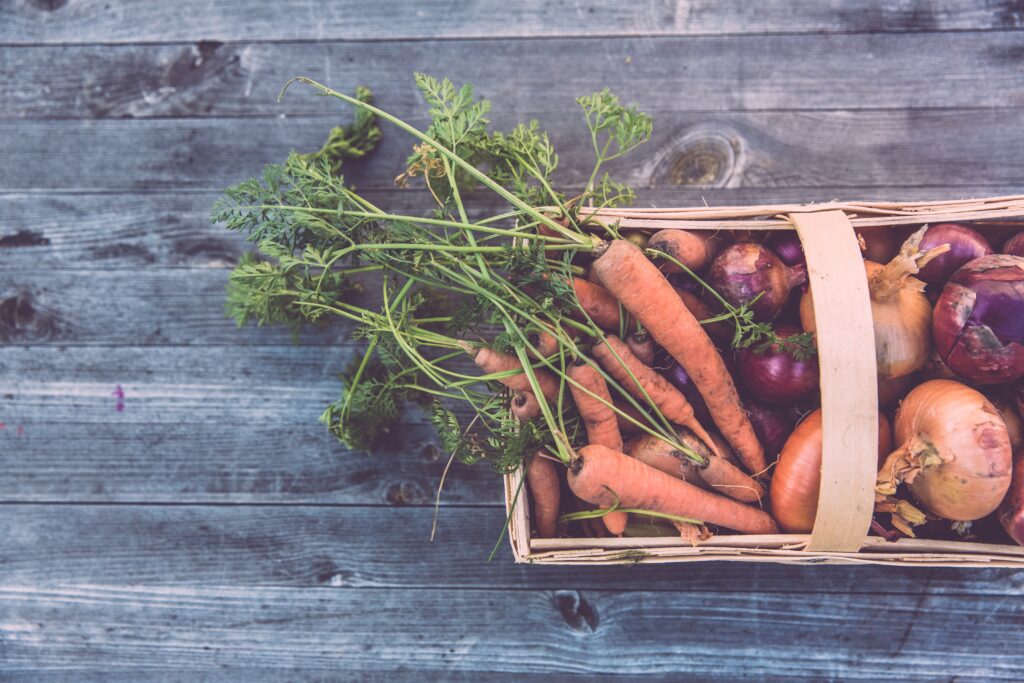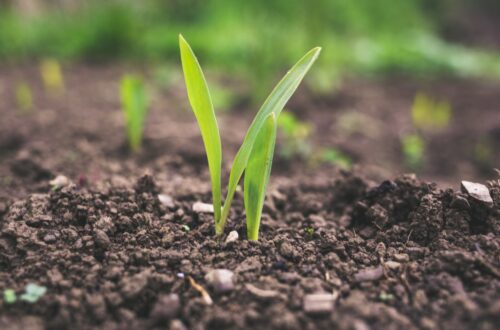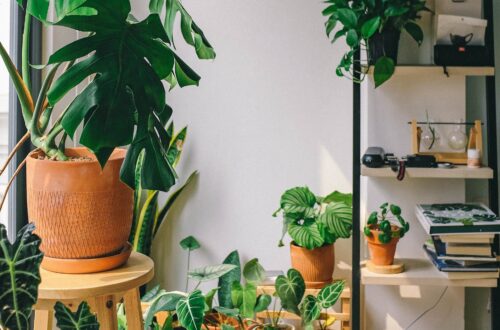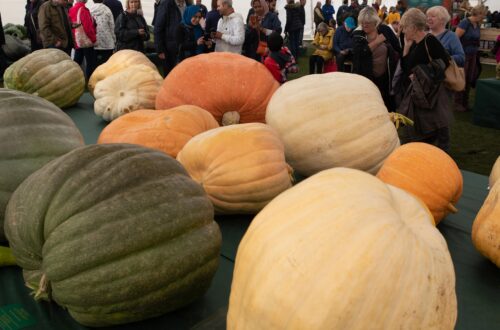In an era where sustainable living and healthy eating are in the spotlight, homegrown vegetables have emerged as a shining star. More and more people are discovering the joys of cultivating their own produce, and it’s not just a trend; it’s a lifestyle choice with a myriad of advantages. From enhanced flavour and superior nutrition to reduced environmental impact and cost savings, the benefits of homegrown vegetables are undeniable.
1. Exceptional Taste and Quality
One of the most immediate and gratifying benefits of homegrown vegetables is the extraordinary taste and quality they offer. When you pluck a ripe tomato or a crisp cucumber from your garden, you’re treating yourself to a burst of flavour that is unrivalled by store-bought alternatives. This freshness and quality can elevate your culinary creations to new heights, making every meal a gourmet experience.

2. Nutritional Powerhouse
Homegrown vegetables are not just about taste; they are also a nutritional powerhouse. When you grow your own produce, you have control over the soil quality and growing conditions. This results in vegetables that are richer in essential vitamins, minerals, and antioxidants. You can be confident that what you’re putting on your plate is not only delicious but also highly nutritious.
3. Environmental Sustainability
Growing your own vegetables contributes positively to the environment. It reduces the need for long-distance transportation, which cuts down on greenhouse gas emissions associated with food distribution. Additionally, home gardeners have the option to use organic and sustainable farming practices, reducing the reliance on harmful chemicals and promoting biodiversity. By cultivating your own veggies, you become a part of the solution to a more sustainable and eco-friendly food system.
4. Cost Savings
Have you ever noticed how fresh produce prices can fluctuate with the seasons? When you grow your own vegetables, you can substantially reduce your grocery bills. While there may be some initial investment in seeds, tools, and soil amendments, the long-term savings are well worth it. Plus, you’ll have the satisfaction of knowing exactly where your food comes from.
5. Stress Reduction and Mindfulness
Gardening has therapeutic benefits that extend beyond the dinner table. Spending time tending to your garden can be a peaceful and meditative experience. It allows you to connect with nature, reduce stress, and practice mindfulness. The sense of accomplishment that comes from watching your plants grow and thrive is immensely rewarding.
6. Food Security
Recent global events have highlighted the importance of food security. When you grow your own vegetables, you take a step toward ensuring a steady supply of fresh, healthy food for your family. You become less reliant on external factors and gain a sense of self-sufficiency.
7. Community and Sharing
Homegrown vegetables can also foster a sense of community. Excess produce can be shared with friends and neighbours, promoting goodwill and building stronger bonds with those around you. Gardening can become a shared hobby that brings people together.
Benefits of Homegrown Vegetables – Final Thoughts
In conclusion, the benefits of homegrown vegetables are plentiful and diverse. From the exceptional taste and nutrition to the positive impact on the environment and your wallet, growing your own vegetables is a rewarding endeavour. It’s not just about what you put on your plate; it’s about cultivating a healthier and more sustainable lifestyle that can enrich your well-being in more ways than one. So, why not start your own vegetable garden and experience these benefits firsthand? Your taste buds, your health, and the planet will thank you for it.





